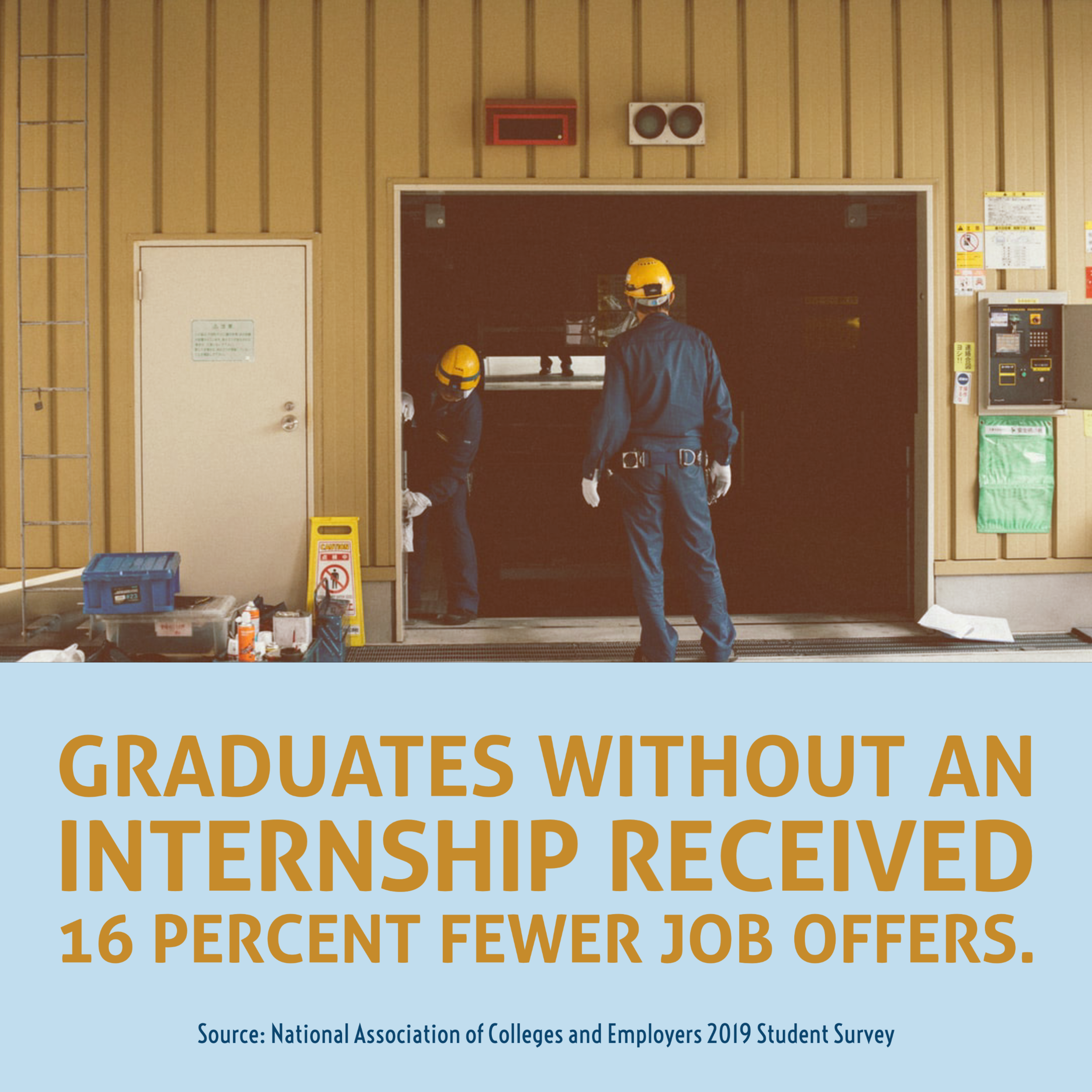Job Shadowing and Internships in Government and Business
Ensuring public safety and continuity of services is perhaps the most important government function there is. Municipal and state governments always need smart, well-trained professionals who are passionate about this line of work, and so do businesses.
Curry Mayer is an Emergency Manager in the city of Bellevue and co-chairs the Advisory Board of the Washington Homeland Security Emergency Management Center of Excellence. Shane Moore is the Catastrophic Planner with Washington State’s Emergency Management Division. They each shared with us their insights about job shadowing and internship opportunities.
The Homeland Security Emergency Management Center of Excellence serves two main populations: students interested in the fields of homeland security and emergency management and employers throughout the state. Curry says that the benefit for both students and the business community lies in knowing they have “a curriculum that has been tested.” She explains that students have a number of options including getting a certificate, earning an AA Associates degree, or a Bachelor’s of Applied Science. It all depends on what works for their schedule and areas of interest. Meanwhile, employers providing internships know that they have students coming from a system that’s been tested, in which the professors are all experienced professionals who have worked in the fields of emergency management and/or homeland security. .
Shane returned to college in his early 30s after serving in the US Army. Starting off as a physics major, he became intrigued by the prospect of a homeland security/emergency management degree, so he pursued that. The program is a hybrid experience where you take your degree course requirements such as English, Math, Applied Science and more on a college campus (or online) and all of the emergency management classes are online. The flexibility offered with these types of programs works well for certain students who may have difficulty attending courses on a campus while also working full-time and/or have families to care for. This flexibility also provides for the ability to make internships a more feasible option.
Both the AA and BAS degree programs require an internship component, and Shane really sees the value in continuing to gain practical work experience in addition to fulfilling the minimum requirement. After his internship, he did some informational interviews while still in school, and discovered that even with the right degree, you still need work experience to build your resume and distinguish yourself from other new graduates and people already in the field. That helped him “make it through HR” while applying for a higher-level position, where he could be considered for an interview by subject matter experts.
Curry said that while internships can be beneficial in any field, they are really critical in emergency management and homeland security because all professionals must be stress-tested in the real world to demonstrate they can handle a “super stressful situation.” She explained that employers must rely on “people being able to think on their feet and change course at a moment’s notice… and to act with authority working with professionals from other disciplines, over which they do not hold any actual authority.”
According to Curry, Shane has “crazy good skills” as an emergency manager, developed through his work experience, which are hard to demonstrate on paper and sometimes in an interview. She mentioned that internships also provide great networking opportunities within the field. Curry believes that while it’s best to have both, relevant work experience is more important than education alone.
Shane described how internships provide the opportunity to make important connections between the random bits of knowledge, or “puzzle pieces” picked up in school and textbooks. Then you can “paint that whole picture.” Some internships can also lead into future employment opportunities within that organization. In those cases, the organization has had the benefit of experiencing a potential employee’s strengths and how well they match up to what abilities they expect a candidate to possess.
We asked Curry about best practices for creating an internship job shadow, and she said you have to start off by developing an understanding from the employer about what qualities they are looking for in an intern. Next you focus on projects they want the person to work on and/or roles held by a professional whom they can shadow throughout the workday. As Chair of the King County Critical Infrastructure working group, Curry would want an intern to be involved in the work of that committee with her, so they can understand “how critical infrastructure fits into emergency management and homeland security.” Making connections about working relationships and interactions with other departments or agencies is important. Before an intern starts, you want to clearly outline a plan and a path for the internship to follow.
Curry also highlighted the importance of spending quality time with interns to let them ask questions, mentor them, and refer them to other professionals they can talk to. The field can be difficult to navigate since there are many good related jobs that don’t have the words ‘emergency management’ or ‘homeland security’ in the titles.
Shane advises students and educators to do their research into an organization for a prospective internship and find out what they do, so you have some idea about what to expect. He encourages students to understand in advance what role the person they’re going to be working for has within the organization, and to signal their own specific areas of interest upfront. He reiterates that clear expectations on all sides are key.
Employers should avoid the mistake of undervaluing the existing knowledge, skills, and abilities of an intern, or the routine work that they do well, according to Shane. Employers should invest in interns’ professional development and teach them the ‘magic words’ they should use in resumes and job applications. For their part, however, student interns should avoid the mistake of expecting an employer to take charge of all their continuing education needs, he says. It’s a two-way deal.










